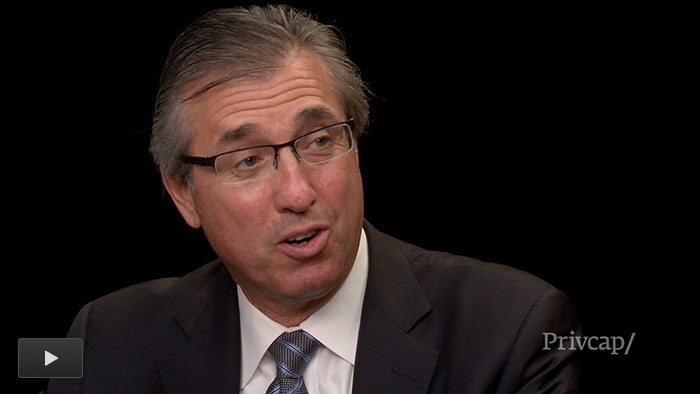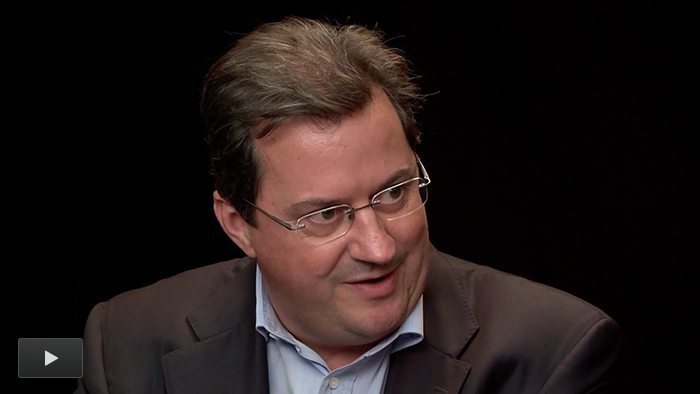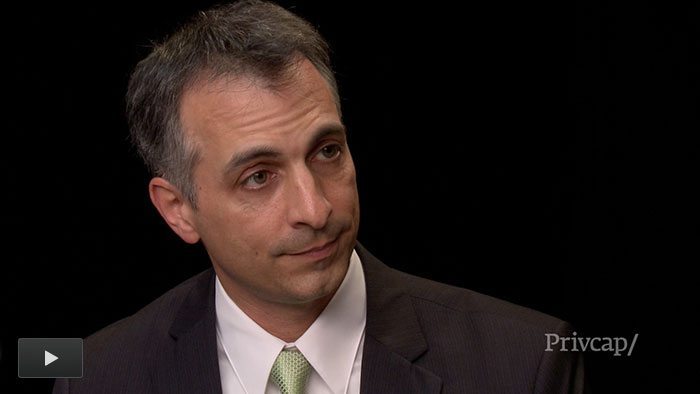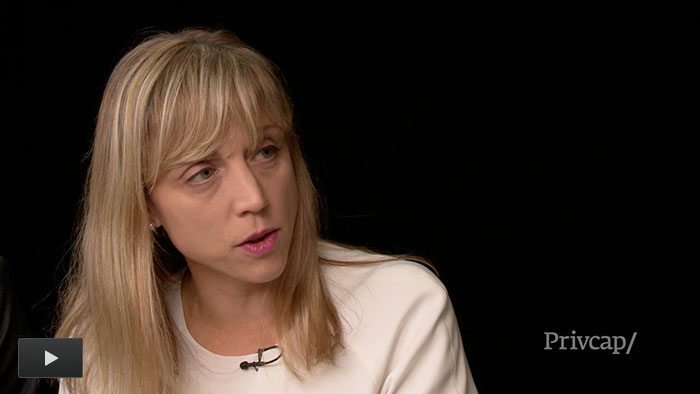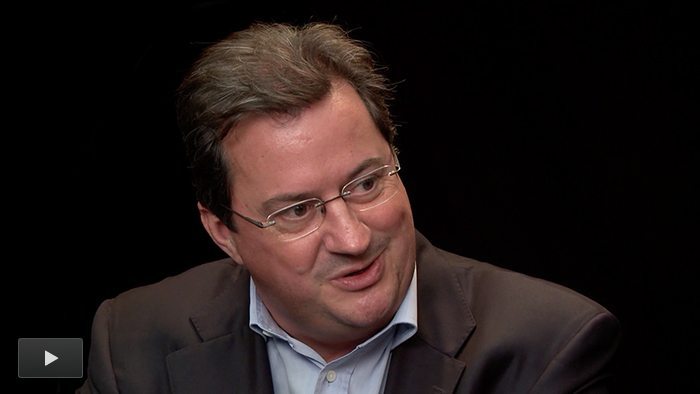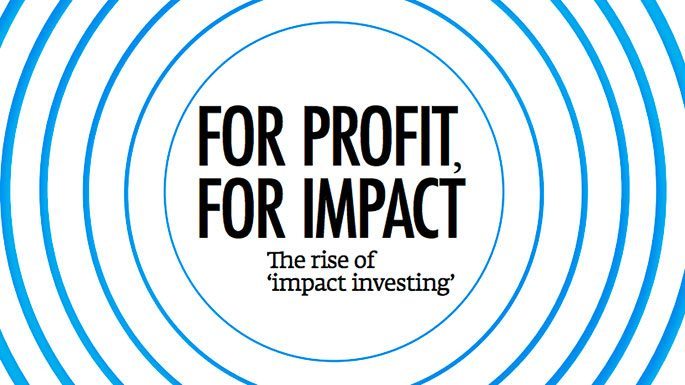Making Money, Changing Lives
Cyrille Antignac, managing director at Uberis Capital, explains the journey of Hagar Catering, a business with a social mission that demonstrates how one can profit and change the world at the same time.

When social entrepreneur Pierre Tami founded Hagar Catering and Facilities Management in Cambodia in 1998, his goal was simply to place the victims of human trafficking in dignified jobs. Catering is a labor-intensive business, and Tami felt the skills required could be taught to a struggling population on the margins of Cambodia’s economy.
This was before the country’s stunning Royal Palace and serene Mekong River turned Cambodia into a coveted global destination. Cambodian tourism had yet to balloon into a $2 billion industry and become an engine of economic growth. But by 2005, the tourism sector was booming, and Hagar Catering had transitioned from a few women learning basic cooking skills in a Phnom Penh shelter to a full-scale commercial operation employing over 135 survivors and serving 50,000 meals a month.
The success has led Tami to partner Cyrille Antignac and other businesspeople to form Uberis Capital, a socially responsible venture capital firm based in London and Cambodia that will try to replicate the Hagar model for the growing number of investors interested in impact capital.
The Beginning
“You can imagine that Cambodia in the 1990s wasn’t what it is today,” says Antignac. “The number of companies that were open to hiring women exiting rehabilitation centers was limited.”
So Tami took an entrepreneurial approach to job creation by starting his own businesses under a new holding company. In addition to Hagar Catering, Hagar Social Enterprise Group (HSEG) launched companies like the textile manufacturer Hagar On-Time and soy-milk producer Hagar Soya to create further opportunities for the survivors.
Antignac says that the kinds of businesses typically targeted by private equity firms in emerging markets are urban and more likely to hire from the ranks of the growing middle-class. This wasn’t where Tami wanted to create jobs.
Serving neglected rural populations instead requires a mindset rooted in reality. And in the Mekong region, particularly in Cambodia and Myanmar, that reality is the lack of a skilled workforce, according to Antignac.
“It’s an attractive market as long as you can reach out to these people with the appropriate services, goods, or business models that can include them,” he says.
At Hagar Catering, survivors of human trafficking learned basic skills. Most importantly, they were in a safe environment and paid an average salary of $106 per month (nearly double the country average, according to Uberis).
Today, Hagar Catering is Cambodia’s largest catering company, serving more than 18 hotels and factory cafeterias. It is also the exclusive caterer to the U.S. Embassy.
“Its social-impact component doesn’t change the commercial nature of the business or its financial performance,” says Antignac. “This proves what we’ve been trying to prove. Hagar Catering is a social enterprise, but it is one of the most competitive businesses in Cambodia.”
Monetization
When Hagar Catering needed expansion capital in 2009, its founders saw the opportunity for a profitable exit. In Q3 of 2010, Alain Dupuis, an investor and accomplished global restaurateur, agreed to take over 80 percent of the company. HSEG realized a 23 percent IRR on its investment.
The deal stipulated that HSEG remain a minority 20 percent shareholder and that the new owner would preserve the business’s social mission.
“This 20 percent ‘golden share’ cannot be removed, so even if there is a change of majority shareholder, the social-impact strategy is protected,” says Antignac. “This lockup clause is a good model for social investors in scaling up and exiting social businesses.” Uberis continues to use the Hagar case study to prove that social investments can deliver financial returns. The firm is currently working with Dupuis to build a Cambodian culinary academy. Its mission is to train food-service workers for the country’s growing hospitality industry.
Uberis also expects to soon close an investment in a renewable-energy company that brings electricity to impoverished areas throughout Asia and the South Pacific.
“We focus on rural development because of its high scalability,” says Antignac. “The businesses can benefit large groups of people. The first company we are investing in has reached 250,000 people in the past few years, and we plan to expand that business by $10 million to $12 million over the next five years.”
Antignac outlines Uberis’s on-the-ground approach to growing a social enterprise in a developing market:
- Start early and secure market position. Hagar was in luck: the catering industry was undiscovered in the 1990s.
- Build up the business into a high-quality operation. While Hagar prioritized hiring the best chef to train cooks and developed high-grade menus, management didn’t overlook training employees on hygiene and fully acknowledged the need to professionalize staff.
- Step in with expansion capital to stay ahead of the market. Antignac believes its deal with Dupuis came at a perfect time to solidify its number one position in the industry.
Cyrille Antignac, managing director at Uberis Capital, explains the journey of Hagar Catering, a business with a social mission that demonstrates how one can profit and change the world at the same time.

